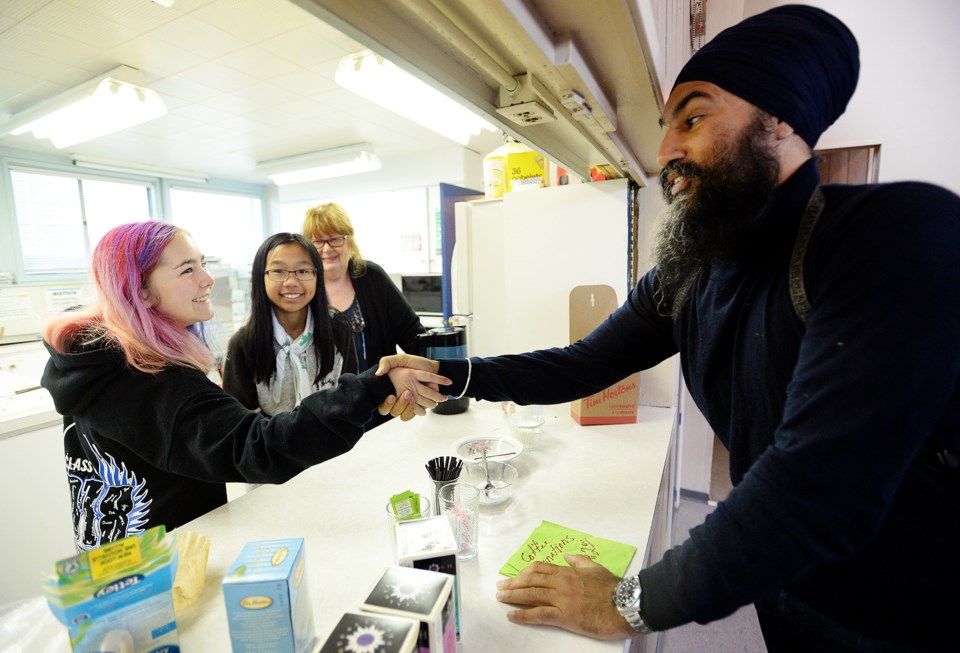Byelections at any level are rarely game-changers, but in an unusual twist, we have two such contests underway in this province. The stakes are huge in both races.
The federal byelection in Burnaby South may determine the political future of fderal NDP Leader Jagmeet Singh, who is running there even though he hails from Ontario. The man he replaced as party leader, Tom Mulcair, has already mused publicly that the “knives” will come out should Singh lose.
Singh insists he will remain leader even if he does lose. In a sense, he can’t really say anything different because to do so would look weak.
While the riding was won by the NDP in 2015, the margin of victory was fewer than 600 votes so it can hardly be considered a safe seat.
Further complicating matters is the sudden emergence of Richard Lee, who won the Burnaby North riding for the BC Liberals in four straight elections. He was named as the new candidate Saturday after the resignation of Karen Wang.
Lee is no pushover, obviously. Former Premier Gordon Campbell once jokingly told me “we don’t really know how Richard always wins but given that he does, I’m not going to ask questions.”
I still think the odds favour Singh in this battle (being a party leader brings some swagger with voters) but it’s going to be close on Feb. 25. If he loses, we will see if Mulcair’s talk about knives proves to be true and his leadership becomes threatened.
Across the pond in Nanaimo, voters will head to the polls on Jan. 30 to elect a replacement for longtime NDP MLA Leonard Krog, who quit to successfully run for the Nanaimo mayoralty.
On paper, this should be a no-brainer win for the NDP. The party has won 11 of the past 12 elections there and Krog’s margin of victory has averaged around 3,300 votes the last four general elections.
But byelections are often weird political events. Voter turnout is usually low and, in this province, the sitting government rarely wins byelections (just two of the last 24 of them have gone the government’s way).
In any event, an upset victory by the BC Liberals would produce a tie in the provincial legislature: 43 seats each for the B.C. Liberals and the ruling NDP/Green Party alliance.
As I noted in this space a couple of weeks back, such an outcome would not necessarily trigger an immediate election (the Speaker would vote with the government to break any tie on a confidence vote) but it would more than likely lead to one in the spring of 2020.
Such are the potentially pivotal outcomes of these two by-elections. Given what’s at stake in both of them, perhaps voter turnout will finally be achieve adequate levels.
Keith Baldrey is chief political reporter for Global BC



